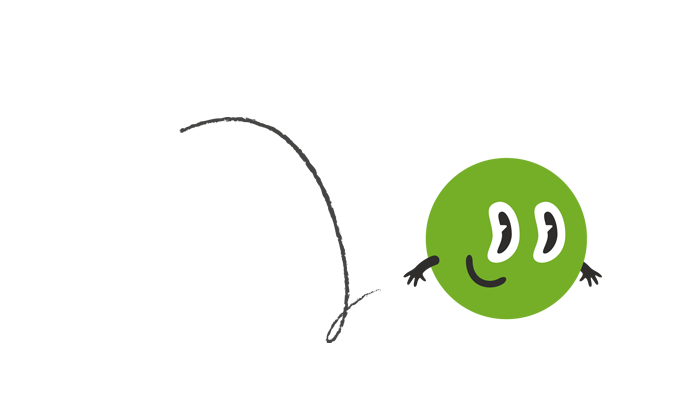As a bio-engineer with 17 years of experience in the food industry, I know how complex and strict the regulations around baby food are. This is not without reason: young children are extra sensitive to harmful substances, and their diet must therefore meet the highest safety standards. When the Keuringsdienst van Waarde in the Netherlands showed earlier this week that ready-to-eat baby food is much more strictly controlled than conventional fresh fruit and vegetables, it confirmed exactly why I work so carefully on my own baby food line (Zijn potjes babyvoeding met complete maaltijden goed voor je baby? | KRO-NCRV).
Why the strict regulations?
Young children are more vulnerable to harmful substances such as pesticides and heavy metals, because their organs and immune system are still developing. Therefore, very low maximum values for ready-to-eat baby food apply to these substances. A banana that is considered safe for adults can therefore theoretically contain too many residues to be used in baby food. As a food engineer, I know how difficult it is to find that balance and develop a nutritious product at the same time.
Ready-to-eat versus homemade
Many parents think that homemade baby food is the purest and healthiest choice. From my scientific background, I understand this line of thought, but it is paradoxical that fruits and vegetables that are not allowed in jars because of their residue content can be given to babies without warning. Ready-to-eat baby food undergoes strict quality controls and is specially formulated to fully comply with the strictest European safety standards.
What makes ready-to-eat baby food safer?
- Stricter standards for pesticides and heavy metals: Legislation requires baby food to have extremely low values, providing an extra layer of protection that conventional fruits and vegetables can't always guarantee.
-
Full nutritional control: Ready-to-eat baby food is formulated in such a way that it contains a balanced amount of vitamins and minerals, without unnecessary additives - and fully in line with WHO advice.
-
Predictable quality and safety: Through controlled production methods and repeated analyses, every jar or packet is safe and consistent.
What if you still want to cook for yourself?
If you still want to prepare meals for your baby, it is important to make conscious choices:
-
Choose organic products if you want to avoid pesticides as much as possible. (FYI: Organic doesn't necessarily mean "no pesticides," but it does mean that there are severe restrictions on pesticide use. In organic farming, only certain, approved pesticides are allowed, and these are often more natural or less harmful to the environment than the synthetic pesticides used in conventional farming.)
- Wash and peel fruits and vegetables thoroughly to reduce residues.
- Vary ingredients to limit exposure to specific substances.
Impact for Life is Bananas:
When I started my business, I wanted nothing less than to offer the best food for babies. This means that I do not compromise on safety and quality. This process takes time, but guarantees that every product I put on the market meets the highest standards, so parents can feed their baby with peace of mind. So just a little more patience and then you can enjoy our vegetable purées safely and with peace of mind.
Ready-to-eat baby food is therefore not only a convenience, but also a thoughtful and safe choice for those who want to leave nothing to chance when it comes to their child's health.
Do you want to be the first to hear when the vegetable porridges are available? Leave your details here: Contact – Life Is Bananas
Share:
0 comments


